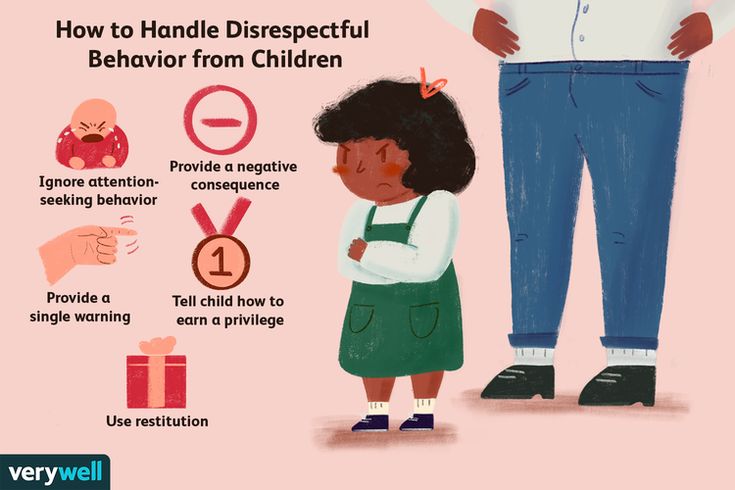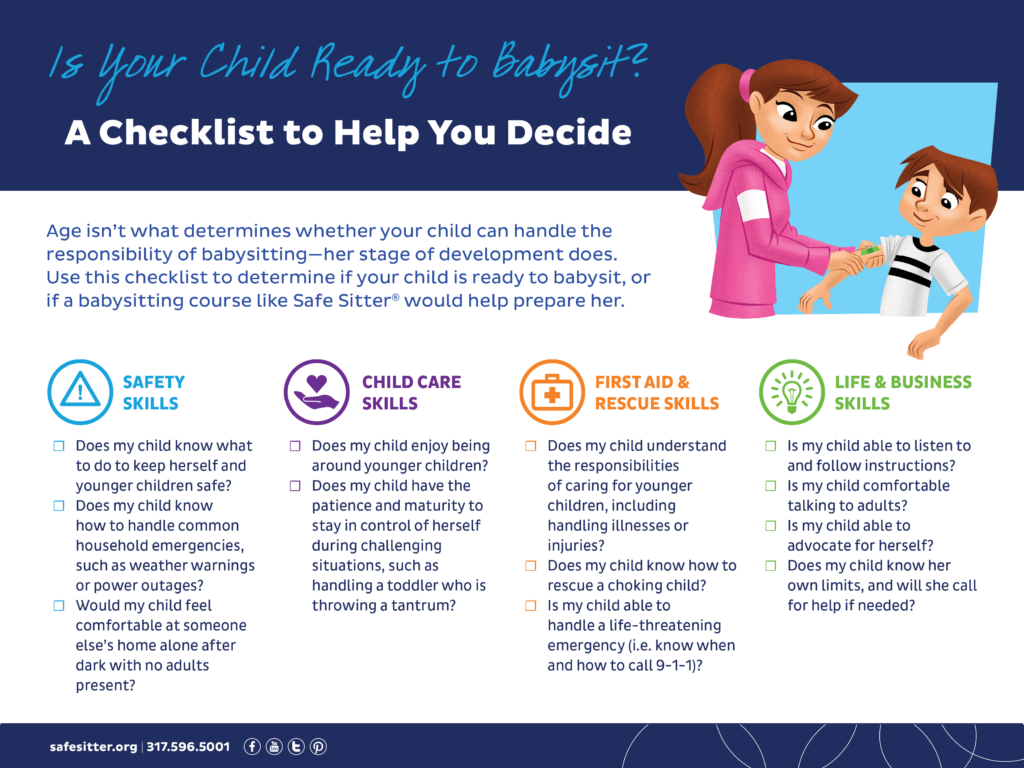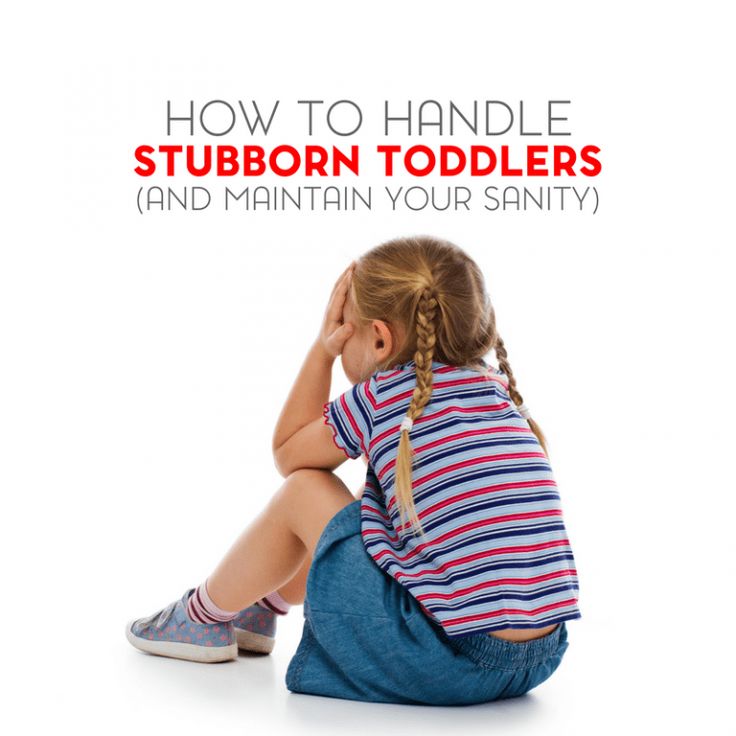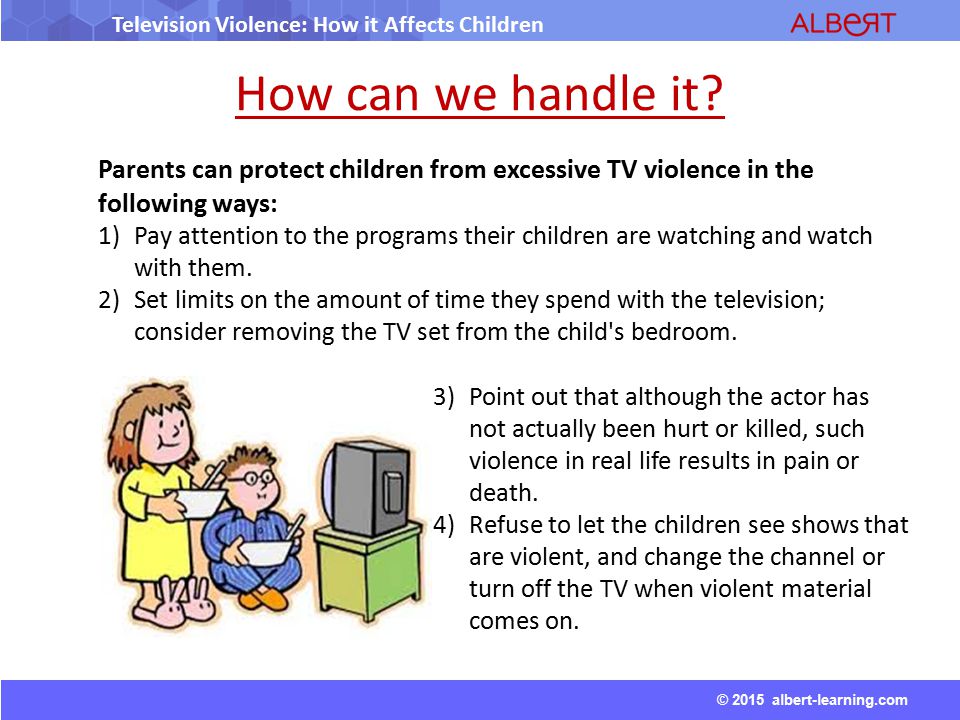How to handle a strong willed child
Strong Willed Child Parenting Strategies
| Challenges of Parenting a Strong-Willed Child | Why is My Child so Strong-willed? | Should Parents Be Concerned | Benefits | Parenting | Parenting strategies |
What constitutes a strong-willed child or spirited child?
For better or for worse, a strong-willed toddler has a very strong sense of independence. While this can manifest itself as being confident, self-assured, and determined, it also means a dose of stubbornness, difficult behavior, strong opinions and defiance.
Strong-willed kids are persistent beings and once their mind is set on an action or behavior, it can be a great challenge to divert their attention. As any parent or teacher knows, dealing with these strong willed kids isn’t easy.
Challenges of Parenting a Strong-Willed Child
The biggest challenge of parenting a strong-willed child is that they are remarkably persistent in their pursuits and aren’t keen on being redirected. They are passionate beings and often live at full-throttle.
The constant power struggles associated with raising headstrong children often leaves parents feeling frustrated and overwhelmed.
Raising a strong willed child is hard work.
Why is My Child so Strong-willed?
Strong-willed behavior has it’s roots in a child’s temperament.
Temperament refers to the set of innate tendencies, personality traits and style of behavior that a child is born with.
Temperamental difficulties such as high reactivity means that a strong willed child’s emotions are more intense than other children’s. At the same time, they have a hard time controlling their big feelings due to underdeveloped emotional regulation skills. As a result, younger children are more likely to act out during difficult times.
Strong-willed kids need to learn the tools to deal with their temper tantrums.
Strong-willed temperament is associated with disruptive behavior later in life. These spirited kids have more difficult time adapting to transitions. They more moods fluctuations and stronger persistence when they want things their own way.
They more moods fluctuations and stronger persistence when they want things their own way.
Should Parents Be Concerned If They Have A Strong Willed Child
While temperament is part of the problem, it is the interaction between a child’s temperament and their environment that leads to behavioral problems.
Furthermore, difficult temperaments often results in unhelpful parenting styles and techniques. One of the most common is the ever present power struggles.
A strong-willed child’s unbelievable persistence often leads parents to cave in because they are tired or frustrated.
As a result, children learn to push boundaries in all sorts of creative ways because it feels good to get their own way. It can become too easy to focus on the negatives of having a spirited child, but the very same temperament traits that lead to challenges also have a host of benefits.
For more help on calming tantrums, check out this step-by-step guide
Benefits to Being Strong-Willed
Their persistence and spirited nature are key
Once a child learns to harness their persistence and stubbornness, the sky is the limit. Strong-willed children tend to spend more time problem solving than their counterparts and it’s that very unshakable will and high spirit that bring the world great leaders, thinkers, and innovators.
Strong-willed children tend to spend more time problem solving than their counterparts and it’s that very unshakable will and high spirit that bring the world great leaders, thinkers, and innovators.
They are less likely to give in to peer pressure
They are more likely to stick with their own belief system and less likely to cave to peer pressure.
They are more successful
Research has shown that a willful child is more likely to be successful in adulthood than their peers1.
They respond better to environmental influence
Children with difficult temperaments are more differentially susceptible to positive changes in parenting than other children, meaning that they respond more favorably to interventions and positive parenting strategies than other children2.
They teach us: Their determination and means of interacting with their worlds host a plethora of lessons for anyone involved. They constantly challenge us to pause, reflect, and reroute how we see the world.
Parenting a Strong-Willed Child
Choosing effective parenting methods when you have a headstrong child can be challenging. While it may seem easy to assume that adopting an authoritarian style over the child and demanding respect may be effective, this actually isn’t the case.
Even though yelling and punishing may seem like easy ways to stop children’s behaviors, they are not necessarily a good thing.
This type of disciplinary method is reinforcing your behavior negatively, meaning the more you yell at your child the more likely you feel like doing it in the future which ultimately is harmful to the parent-child relationship.
When a child has behavioral problems it becomes easy to engage in over-disciplining a child. This can look like a constant stream of punishment and ultimately lead to poorer emotional regulation and more behavioral problems in the future3,4.
Early experiences for children with temperamental difficulties shape later behavior, so it’s vital to find effective ways to work with your child’s temperament5.
Strong-willed children don’t like to be told what to do, they are primarily guided by their own will. Therefore, seeking obedience from a strong-willed child can be a futile path. Instead focus on nurturing emotional regulation, building a trusting relationship, instilling confidence, and encouraging your child to develop self-discipline and social responsibility.
If your child believes that you want what is best for them, they will better trust your guidance. There may be many tests along the way as they push your limits, but you can both learn to work with each other in a way that brings out your child’s positive qualities and reduces negative behaviors.
Parenting Strategies On How To Raise A Strong Willed Child
1. Give your child space to learn
So how to parent a strong willed child?
Strong-willed kids are experiential learners. They don’t want to be told what to do, they want to experience it and decide for themselves.
Take this approach – unless your child is in imminent danger, allow them to learn some of these lessons rather than trying to control their behavior.
2. Attending to your Child’s behavior
A good teacher praises good behavior and corrects negative behavior. Simply pay attention to your child’s behavior and praise or comment on appropriate behaviors.
Attending helps you learn a lot about the way your child interacts with the world. Letting your child know you are paying attention to their behaviors is reinforcing. Comments such as “you hung up your coat!” demonstrate to your child that you are observing appropriate behavior and will increase the number of interactions you have that aren’t related to discipline or instructions.
3. Reward your Child
In addition to offering intrinsic motivation such as praise for good behavior, strong-willed children also respond well to being rewarded with activities they enjoy or physical rewards such as hugs and kisses.
Choosing activities that you can do together, such as playing a game, will increase the amount of positive interactions you have and serve a a powerful source to encourage making good choices in the future.
4. Pick Your Battles
Be selective over what you bother to address. When disciplining your child, focus on the worst/most dangerous behaviors first and work your way down as behaviors improve.
Learning to selectively discipline your child will improve their cooperation whereas fighting with and punishing your child may undermine their desire to protect their warm connection with you.
5. Positive Parenting
Strong-willed children are often struggling for respect and autonomy. By offering your child respect and empathy you will help your child feel understood.
Communicating that you understand why something is important to them and offering compromise to their position can be a great strategy that allows the child to feel in control. Use inductive reasoning can also help them adopt more appropriate behavior.
Implementing appropriate use of time-ins along with time outs will also help your child learn that appropriate behavior does have rewards.
Overall, structuring a relationship that clearly sets boundaries but also offers flexibility and respect to your child’s needs fosters positive parental relationships and improves outcome for children.
References
-
1.
Spengler M, Brunner M, Damian RI, Lüdtke O, Martin R, Roberts BW. Student characteristics and behaviors at age 12 predict occupational success 40 years later over and above childhood IQ and parental socioeconomic status. Developmental Psychology. 2015:1329-1340. doi:10.1037/dev0000025
-
2.
Mesman J, Stoel R, Bakermans-Kranenburg MJ, et al. Predicting Growth Curves of Early Childhood Externalizing Problems: Differential Susceptibility of Children with Difficult Temperament. J Abnorm Child Psychol. January 2009:625-636. doi:10.1007/s10802-009-9298-0
-
3.
Snyder J, Cramer A, Afrank J, Patterson GR.
 The Contributions of Ineffective Discipline and Parental Hostile Attributions of Child Misbehavior to the Development of Conduct Problems at Home and School. Developmental Psychology. 2005:30-41. doi:10.1037/0012-1649.41.1.30
The Contributions of Ineffective Discipline and Parental Hostile Attributions of Child Misbehavior to the Development of Conduct Problems at Home and School. Developmental Psychology. 2005:30-41. doi:10.1037/0012-1649.41.1.30 -
4.
Weiss B, Dodge KA, Bates JE, Pettit GS. Some Consequences of Early Harsh Discipline: Child Aggression and a Maladaptive Social Information Processing Style. Child Development. December 1992:1321. doi:10.2307/1131558
-
5.
van Zeijl J, Mesman J, Stolk MN, et al. Differential susceptibility to discipline: The moderating effect of child temperament on the association between maternal discipline and early childhood externalizing problems. Journal of Family Psychology. 2007:626-636. doi:10.1037/0893-3200.21.4.626
Page not found - Parenting For Brain
We didn't find the posts for that URL.
Latest Posts
| What Are Life Skills? | Why Are Life Skills Important For Teens? | 3 Types of Core Life Skills | How to Teach Your Teenager Life Skills | Adolescence is a time of significant change, physically, intellectually, socially, and emotionally. The challenges can be overwhelming. This is when teens explore who they are and …
The challenges can be overwhelming. This is when teens explore who they are and …
Read More about 3 Types Of Life Skills For Teens To Succeed In Adult Life
| Benefits of Journaling | Tips on How to Start Journaling | Journal Writing Prompts | What is Journaling? Journaling is the practice of writing down ideas, thoughts, feelings, or experiences in a journal. It can be used as a tool for both positive and negative emotions. It helps you organize thoughts, express emotions, cope …
Read More about Benefits of Journaling For Children and Parents, Tips & Prompts
| What Is an Emotionally Immature Parent? | 4 Types of Emotionally Immature Parents | Causes | Signs | How Adult Children of Emotional Immature Parents Heal | As children, we look up to our parents for support and guidance. Our parents are supposed to guide us with loving care and wisdom. What if you …
Read More about 5 Signs of Emotionally Immature Parents and How Adult Children Heal
| Why Connecting with Kids is the Best Discipline | 7 Tips on Connecting With Kids | Our hearts long for those moments when we are close to our children. Before we became parents, parenthood seemed wonderful and our little mini-me looked up to us. Now that we are parents, we’re buried in the hassles …
Before we became parents, parenthood seemed wonderful and our little mini-me looked up to us. Now that we are parents, we’re buried in the hassles …
Read More about Why Connecting with Kids Is The Best Discipline For Children (7 Tips)
| Kindness quotes | Love and compassion quotes | It is important to teach children kindness. By instilling a sense of compassion in your child, you can help them to become a kind and caring individual. We can create a more compassionate and understanding world if we raise a generation of kind people. Here are …
Read More about 70 Kindness Quotes for Kids That Can Inspire Compassion
Gaslighting is a form of emotional abuse and mental abuse. The goal is to make one have doubts about their reality and even question their own sanity1. Parents generally gaslight for a purpose other than trying to make their kids lose their minds. Some parents genuinely think that they are doing their children a favor, “You …
Read More about How to Respond to Gaslighting and 25 Common Phrases From Gaslighters
| Parenting Quotes For Hard Times | Parenting Quotes For Raising Great Kids | Raising a child is one of life’s most challenging and important tasks. As exhausting and challenging as parenthood can be, it is also one of the most rewarding and fulfilling roles. Here are some quotes to help you through the challenges …
As exhausting and challenging as parenthood can be, it is also one of the most rewarding and fulfilling roles. Here are some quotes to help you through the challenges …
Read More about 50 Inspiring Parenting Quotes That Get You Through Hard Times
Toxic parents verbally and emotionally abuse their children. They impose high expectations and excessive demands and behave in ways that cause guilt, fear, or obligation in their children. Having a bad day does not make one a bad parent. Unlike normal parenting behavior, toxic parenting involves patterns of behavior that have a negative impact on …
Read More about 50 Things Toxic Parents Say and Why They Are Harmful To Children
| What is Reverse Psychology | How Does Reverse Psychology Work | Examples | Tips | When we were little, our parents often had to remind us to clean up our toys. In most cases, after our frustrated parents leave our toy trucks on the floor for two hours, they decide to do something about …
Read More about Using Reverse Psychology In Parenting (DO NOT READ THIS)
| What is Critical Parenting | Effects | How to deal with a critical parent | Children whose parents are critical often tell this story: “This is a picture of my mother. She was a perfectionist. She had high expectations for me and my 3 siblings. Her high expectations didn’t just make us feel bad, …
She was a perfectionist. She had high expectations for me and my 3 siblings. Her high expectations didn’t just make us feel bad, …
Read More about How to Deal With a Critical Parent & 9 Harmful Effects They Cause
How to develop the will of a child?
For everyone who thinks about children or has them, it is important that they grow up smart, kind, strong-willed. But how to develop the will of the child? At what age should one begin to cultivate strong-willed qualities? And is it possible?
Will is a very complex and multifaceted quality of a person, which includes purposefulness (the ability to set goals and achieve them), self-confidence, perseverance and responsibility.
Where to start?
Unfortunately, strong-willed adults will say, and fortunately, weak-willed parents will think, a child is not born with a strong will or its absence. It is not inherited, but it can be brought up and formed in the process of playing and mastering social norms by the baby. Much in the development of the will depends on the conditions of life and training. If parents overprotect the child, want to fulfill any of his desires, any whim of their child, then a person with a strong character and strong convictions is unlikely to grow out of him. Such a baby will be spoiled and capricious, causing a lot of problems for parents. And having matured, he will demand indulgence from everyone around him.
Much in the development of the will depends on the conditions of life and training. If parents overprotect the child, want to fulfill any of his desires, any whim of their child, then a person with a strong character and strong convictions is unlikely to grow out of him. Such a baby will be spoiled and capricious, causing a lot of problems for parents. And having matured, he will demand indulgence from everyone around him.
From a very early age, as soon as you notice that the child has begun to understand the speech addressed to him, it is necessary to set feasible tasks for him. Of course, when talking about the will of a small person, one cannot put the same meaning that is put into the concept of will for an adult. But the beginnings of volitional manifestations can be developed already in the smallest.
When parents begin to do for the child what he can handle himself, then their child will be happy to shift all his affairs to them. For example: a baby sees a new bright toy for the first time and seeks to get it. He can already do it on his own, but it takes effort. If we rush and put the desired toy in the child's hand, we will deprive him of any opportunity to exercise willpower. Like any adult, a child experiences great joy from an independently achieved goal. Overcoming obstacles becomes a source of action. Of course, you should not insist if you see that the action is still difficult for the child. The baby's capabilities are still limited, and often he cannot achieve a result, and in this case he needs help.
He can already do it on his own, but it takes effort. If we rush and put the desired toy in the child's hand, we will deprive him of any opportunity to exercise willpower. Like any adult, a child experiences great joy from an independently achieved goal. Overcoming obstacles becomes a source of action. Of course, you should not insist if you see that the action is still difficult for the child. The baby's capabilities are still limited, and often he cannot achieve a result, and in this case he needs help.
I will give an example from my own practice. Sonya, 2.5 years old, cannot put all the cylinders into holes in any way (10 cylinders of different widths and, accordingly, 10 holes). She always has 1 cylinder and 1 hole, but there is no way to insert a cylinder into this hole, because. it already. Mom rushes to the rescue and quickly fixes the mistake. Sonya rejoices, but then she gets everything again. Mom again actively helps, but the child does not show joy and takes out all the cylinders for the third time. Mom is perplexed. The mistake is that she did everything for her daughter. We often lack the patience to simply observe. Often we act like Sonya's mother, i.e. We hurry to help, without waiting for a request for help. Thus, we do not provide the child with the opportunity to work hard and develop strong-willed qualities. You can show the child how to build a tower, stack blocks, etc., and then see that the child does it himself. Then children learn to be independent and will be able to get out of difficulties without resorting to help.
Mom is perplexed. The mistake is that she did everything for her daughter. We often lack the patience to simply observe. Often we act like Sonya's mother, i.e. We hurry to help, without waiting for a request for help. Thus, we do not provide the child with the opportunity to work hard and develop strong-willed qualities. You can show the child how to build a tower, stack blocks, etc., and then see that the child does it himself. Then children learn to be independent and will be able to get out of difficulties without resorting to help.
The child needs to be independent in everything: clean up after himself toys, make the bed, wash himself, dress and undress. If a child has to wait to be dressed, then he begins to occupy himself with something, and when translating into the language of adults, indulge, because at this age it is so difficult to sit still. Solving such feasible tasks, the baby is focused and persistent. And as a result, the child learns to be accurate, independent and develops strong-willed qualities.
Formation of volitional traits in character is facilitated by a thoughtful regimen and daily routine.
It is equally important to observe the principle of consistency, that is, you cannot allow a child what was forbidden yesterday. It is necessary to gradually bring up in the child the ability to master his desires, teach him to restrain himself, to conquer feelings of pain, resentment, fear. All this strengthens, trains his will.
The development of the will is carried out in 3 directions:
- Transformation of an involuntary mental process into an arbitrary one.
- A person gaining control over his behavior.
- Development of volitional qualities of a personality.
A person consciously sets himself more and more difficult tasks and pursues more and more distant goals that require the application of significant volitional efforts for a long time. The development of will in children is closely related to motivation and the moral sphere. When a child is motivated, volitional regulation is already involuntarily turned on. It has been proven that volitional regulation is better developed in children with general intellectual development, as well as with the advent of the skill to evaluate their actions.
When a child is motivated, volitional regulation is already involuntarily turned on. It has been proven that volitional regulation is better developed in children with general intellectual development, as well as with the advent of the skill to evaluate their actions.
Games play a special role in the development of the will, and each type of play activity makes its specific contribution to the improvement of the volitional process. Constructive subject games contribute to the formation of production regulation of actions. Role-playing games reinforce the volitional qualities of the individual. Collective games with rules strengthen self-regulation. Education contributes to the development of arbitrary self-regulation of cognitive processes.
Why is the will needed at all?
Will is needed when choosing a goal, making a decision, carrying out an action, to overcome difficulties. Overcoming difficulties requires volitional effort - a special state that is associated with tension, the mobilization of the physical, mental, intellectual and moral forces of a person. Will manifests itself as a person's confidence in his abilities, as the determination to perform the act that the person himself considers appropriate and necessary in a particular situation.
Will manifests itself as a person's confidence in his abilities, as the determination to perform the act that the person himself considers appropriate and necessary in a particular situation.
To summarize
Parents seeking to develop the will of a child must observe the following rules:
- not to do for the child what he has to learn;
- to intensify the child's independent activity, to arouse in him a feeling of joy from what has been achieved;
- to teach the child to make reasonable decisions independently, to achieve the implementation of the decisions made.
It is important that parents do not miss those years of a child's life when a person's strong-willed qualities are laid. Much it is easier to raise a child correctly than to re-educate him . Re-education requires more strength, knowledge and patience, not every parent can handle it.
Source: https://centr-dem.ru/dlya-roditelej/articles/kak-razvivat-volyu-u-rebenka
10 tips for parents of children with a strong character
Dysfunctional family: 10 unspoken rules of toxic parents
3 ways to keep relationships at a distance
How to deal with such a child? Try to show empathy as much as possible and offer several options to choose from. If he refuses to go to bed, offer to read a bedtime story or remind him that his favorite plush toy is waiting in his room.
Try to create a scenario where everyone wins. Trying to convince a child of something, choose your arguments carefully - such a child expects honesty from you. In any dispute, try to be understanding. Explain why you should not offend your younger brother or sister - they are very unpleasant.
Discipline is an important part of upbringing, but it is equally important to be able to find understanding with children
With the advent of children, life changes dramatically. It is perfectly acceptable to explain this to a child. The main thing is to make it clear that you still love him very much and care about him.
It is perfectly acceptable to explain this to a child. The main thing is to make it clear that you still love him very much and care about him.
Discipline is an important part of education, but it is equally important to be able to find understanding with children.
Here are 10 tips for parents of children with strong will:
1. Always remember the age of the baby. The younger the child, the more dependent on you and the less able to do or understand things on their own.
2. Consider where in seniority the child is among brothers and sisters. Older children in the family usually like to command, and younger children are more often more carefree. This pattern is indeed very common. And this is no coincidence - parents are usually more demanding of older children.
3. Honesty and fairness are important to him. If a strong-willed child feels unfair treatment, he begins to defend himself. In this case, it is necessary to find mutual understanding. If it's big enough to understand, explain why you had to do it this way.
If it's big enough to understand, explain why you had to do it this way.
4. He wants to feel his independence. Therefore, such children do not like to be reminded to brush their teeth. If he is not happy with such advice, it is better to just give him a short list of what needs to be done. For example: every morning we brush our teeth, have breakfast, get dressed, etc.
5. He needs you to listen to him. What really matters to him is how you feel about him. He wants you to be happy with him. Take time to listen to your child and give them confidence.
6. It is important for him to be respected. If the child feels your respect, he will not have the need to swear and argue. Very often, children with strong character fight with their parents precisely because they are trying to gain respect.
7. He needs order. When a child knows exactly what you expect from him in a particular situation, it is easier for him to control his own behavior.
8. It is important for him to know that his word also has weight in the family. This helps the child feel your respect. Do not just say that you do not like his ideas - try to put them into practice. So what if they're not perfect? But the child will be just happy.
9. Let him learn from experience. Most children with strong wills prefer to learn from experience. So when you tell them to stay away from the hot stove, they may come closer. In cases where it is not a danger to life and health, let the child do what he wants.
10. All is well. Everything is going as it should. Constantly fighting with parents is normal for a child with a strong will. In turn, you must teach him not only to regulate his emotions, but also to be aware of them.
I always say that a good parent is one who makes mistakes and who admits them. The main thing is to learn from them and try to fix everything. This will show your child that it is okay to make mistakes.












